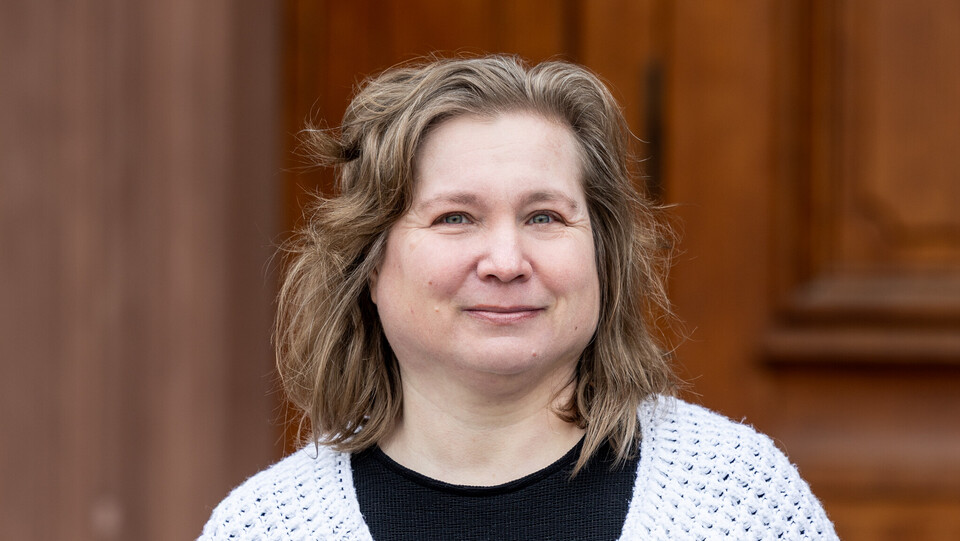Reporting on terrorism and the responsibility of the media

Ukrainian communication scientist Prof. Dr. Lesia Horodenko, now a refugee, has secured nearly 220,000 euros in extra funding. Her research is part of the DFG-funded project “Responsible Terrorism Coverage” at the Mannheim Centre for European Social Research (MZES), which has been led by Prof. Dr. Hartmut Wessler since 2017. Horodenko fled Ukraine in July 2024, having previously worked as a professor of communication studies at the University of Kiev.
Her research focuses on how media in Russia, Belarus, and Ukraine utilize the term “terrorism” and the impact of various narratives on public perception. Pro-government and opposition media in Russia and other countries interpret the term differently, often using it to serve their agendas; for instance, Ukrainian military actions are labeled as “terrorism” in Russian outlets. In contrast, opposition media from Russia, especially those located in Latvia or Poland, present a more nuanced viewpoint and use the word “terrorism” less often when discussing Ukraine.
